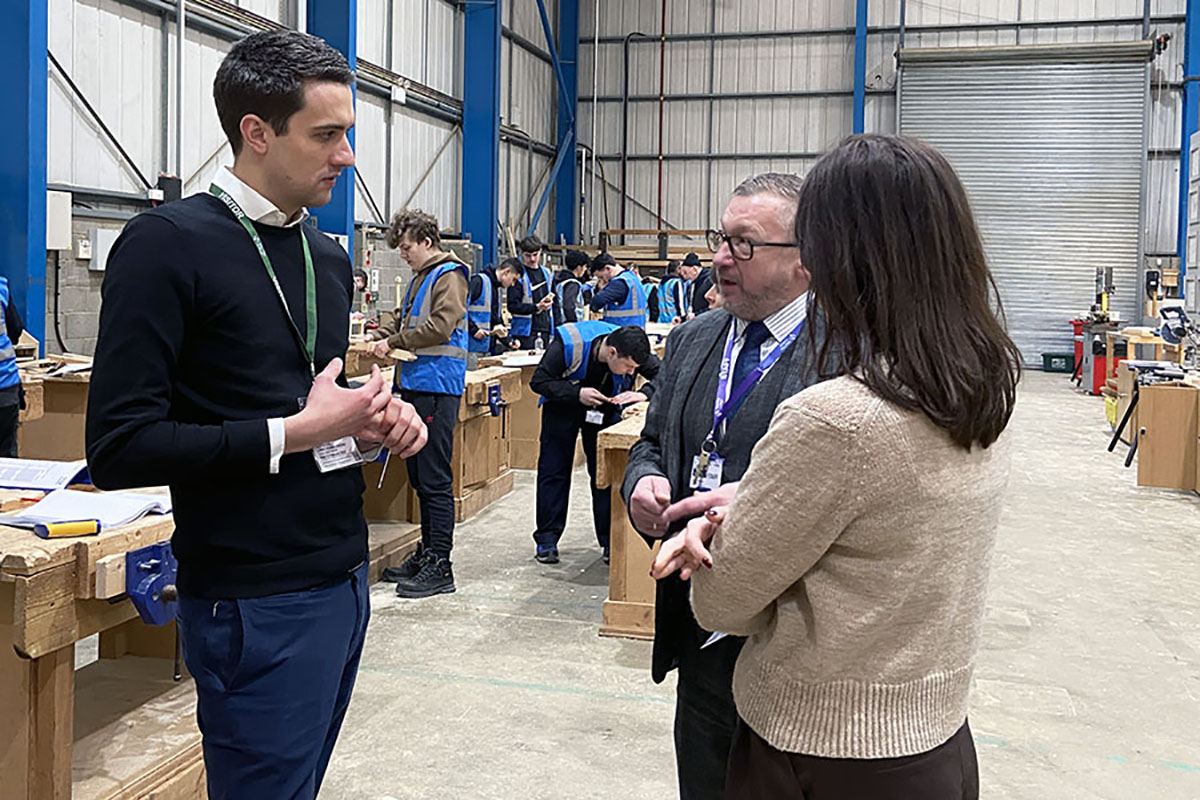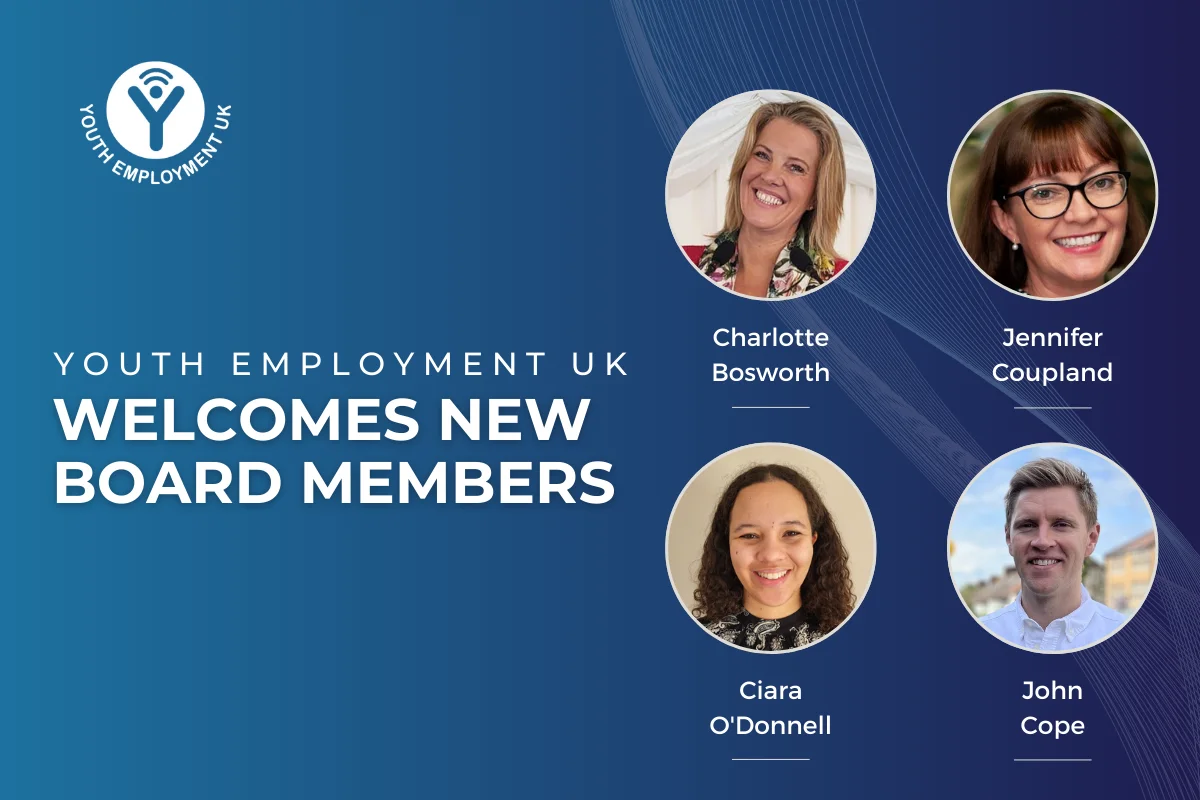A Session of Two Halves

Three Cs characterised the first panel of the new-look Education Select Committee’s second public session, certainty, choice, and clarity. The Committee focused on the Government’s short Pause and Review of the defunding of certain Level 3 qualifications.
The witnesses, representing the voice of T Level providers, seemed doubtful as to whether next week’s decision on the future of certain applied general qualifications (AGQs), including BTECs, will bring much-needed certainty, following a period of “mind-blowing” policy churn in the post-16 landscape.
What would a good outcome of the review look like?
What would a good outcome of the review look like? Retaining the duality of BTECs and T Levels and a “three-route model” of academic, applied and T Level qualifications were both called for. T Levels haven’t earned their place in the landscape alongside A Levels – not yet, and perhaps not ever, some panellists implied. They are “a different beast” to AGQs in terms of size, assessment and the presence of an industry placement. T Levels also assume young people to be confident of their career path at 16 – all of which make them unsuitable for many students.
Edge’s polling conducted earlier this year found that 74% of the public think young people should be able to mix and match academic and vocational qualifications at 16 – 19, something that is very difficult with T Levels because of their ‘chunkiness’ (equivalent to three A Levels).
Part two of the Committee session saw MPs question third sector organisation representatives, including myself, with research and policy expertise in T Levels.
David Robinson talked through the EPI’s latest quantitative report which offered greater detail on the poor retention figures that have plagued T Levels, finding disadvantaged students are more likely to withdraw from T Levels, with over a third becoming NET.

Our own qualitative research at Edge, published this week, offers more explanation. Several things are going on. We spoke to 210 T Level students and many described an ‘expectations vs reality’ gap – they didn’t know what they were getting into, which speaks to the quality of careers advice and guidance around T Levels. The emphasis on classroom-oriented teaching was heavy going for some, and whilst many enjoyed their industry placement (a key driving factor of uptake), it didn’t always connect to their learning which is so important if the placement is to be meaningful.
A more cautious approach in defunding qualifications is required next week
There are plenty of Level 3 qualifications that need to be reviewed (due to poor uptake, outcomes, destinations or quality), but a more cautious approach in defunding qualifications is required next week, so as not to prejudice the proposals of the ongoing Curriculum and Assessment Review and forthcoming post-16 skills strategy from Skills England. There is a serious lack of join-up in the timescales that risks further complication and churn for the 16-19 vocational offer.
The good news is that it looks like the Education Select Committee will conduct a larger inquiry on post-16 shortly. Both panels were asked what that should prioritise and, in a striking demonstration of why post-16 deserves more attention, the list of suggestions were all serious and wide-ranging: from the GCSE resits policy to FE workforce recruitment and retention.
At Edge, we’d like to see focus on a longer-term strategy for 16-19, one that allows young people to mix and match academic, vocational and technical options (with a solid grounding in pre-16), efforts to protect apprenticeship opportunities for young people at entry levels under the Growth and Skills Levy, and a series of accountability hearings with Skills England, so decisions are not taken too early without consultation and to ensure it has the powers it needs to deliver the skills that underpin the Government’s Missions.
By Alice Gardner is the Chief Executive of the Edge Foundation











Responses